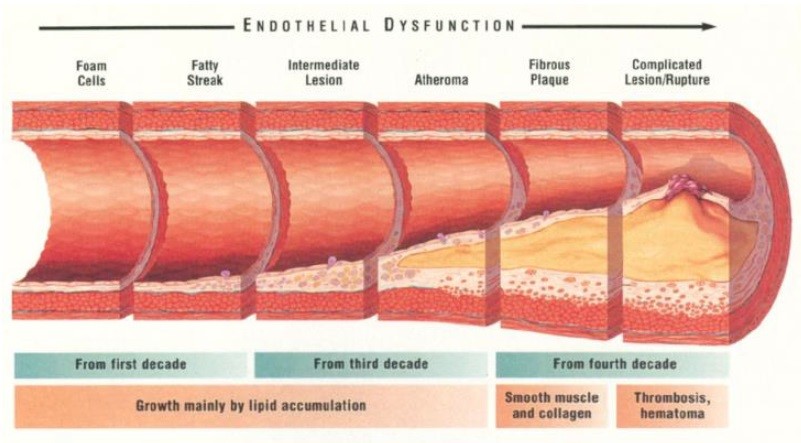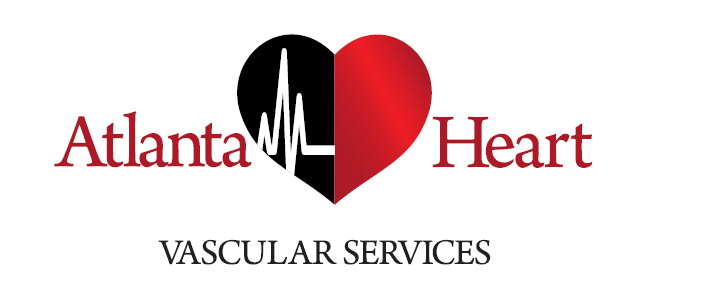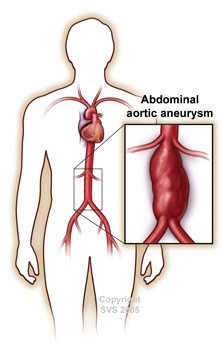In addition to the venous disorders addressed in our Vein Clinic, our highly-trained vascular specialists offer treatment for the following disorders:
- Peripheral Arterial Disease
- Carotid Artery Stenosis
- Abdominal Aortic Aneurysm
- Dialysis Access Management
Peripheral Arterial Disease

The following is a list of symptoms of PAD:
- Leg pain, either with walking or at rest
- Leg or foot ulcers
- Non-healing lower extremity wounds
- New lower extremity ulcers
- Discolored (blue or black) toes
Symptoms of stroke include:
- Facial droop
- Acute onset of numbness or weakness of the face or extremities
- Arm or leg weakness
- Speech difficulties
- Acute onset of confusion
We offer the full spectrum of treatment for atherosclerosis involving the legs or the carotid (neck) arteries, including the following:
- Lower extremity angiogram
- Lower extremity angioplasty and stenting
- Lower extremity bypass surgery
- Upper extremity angiogram, angioplasty, and/or bypass surgery
- Carotid endarterectomy surgery
- In-office ultrasound to follow disease progression and treatment results
- Abdominal Aortic Aneurysm
Abdominal Aortic Aneurysm
An abdominal aortic aneurysm (AAA) occurs when the wall of the aorta, the main blood vessel of the body, becomes weakened and progressively dilates. Although the exact cause of an aneurysm is unknown, it is primarily caused by atherosclerosis. For some patients, this balloon dilation of the artery becomes so large that it may lead to rupture. For the majority of our patients that require repair, we are able to offer minimally invasive surgery using endovascular techniques. Many patients with an abdominal aortic aneurysm do not have symptoms. Individuals with a family history of AAAs or have either a history of smoking and older than 50 years of age are encouraged to ask about a screening ultrasound to check for AAA.
Dialysis Access Management
For patients with end stage renal disease that requires dialysis, the vascular specialists at Atlanta Heart Associates offer various ways to achieve a functional long-term access. Whether it is an arteriovenous fistula, graft, or temporary dialysis catheter, we are committed to providing excellence in dialysis management for our patients. We also offer in-office vascular ultrasound as a convenient way to follow the dialysis access.



